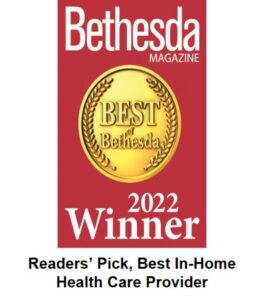 Happy New Year 2022! We hope you had a wonderful holiday season.
Happy New Year 2022! We hope you had a wonderful holiday season.
Here at Family & Nursing Care, we are ringing in 2022 by celebrating being voted “Best In-Home Health Care Provider” in Bethesda Magazine’s Best of Bethesda Readers’ Poll!
Every year, local feature and lifestyle publication, Bethesda Magazine, enlists its readers to vote on the best of the best in the Bethesda area. The program accepts only write-in votes to identify local companies that its readers believe provide premium service to their customers and community while helping make the Bethesda area a great place to live, work, and play.
This is our 7th time winning the “Best In-Home Care Provider” crown, having had previous wins from 2013-2019, and making the list as a Top Vote Getter in 2020 and 2021. We are humbled and honored to receive this distinction as it’s public recognition like this that enables us to reach out and provide support to even more clients.
At Family & Nursing Care we work tirelessly to fulfill our mission to enhance the lives of older adults in our region. We continuously seek to innovate and find ways to improve the client experience and exceed clients’ expectations. Being voted “Best of Bethesda” honors that work and gives us the confidence to keep moving forward in making a difference in someone’s life every day.
We thank the clients, Caregivers, and professionals with whom we are privileged to interact, for placing their trust in us and allowing us to continue our valuable work.
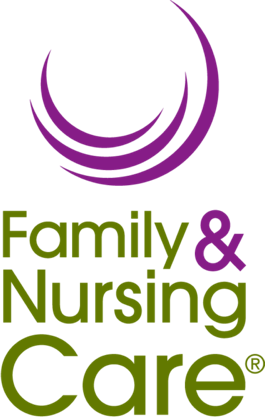

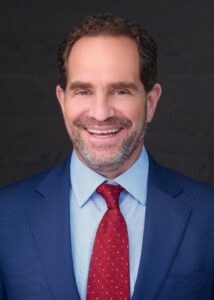 Family & Nursing Care CEO, Neal Kursban, is a well-respected industry leader and is regularly sought out to share his wisdom and insider industry know-how with others. Recently,
Family & Nursing Care CEO, Neal Kursban, is a well-respected industry leader and is regularly sought out to share his wisdom and insider industry know-how with others. Recently,  Emily Smith’s life centers around family. At home, Emily and her husband, Tom Smith, who is also a valued team member here at Family & Nursing Care, enjoy attending their three young children’s extracurricular activities and watching movies as a family. Emily’s dedication to family extends to her professional life, too. She works alongside her sister-in-law Kelly Ann Sharp, our wonderful Director of Client Services, to support our client’s, families, and professional’s needs. Emily cares for her clients and their families like her own, always keeping their best interests at heart.
Emily Smith’s life centers around family. At home, Emily and her husband, Tom Smith, who is also a valued team member here at Family & Nursing Care, enjoy attending their three young children’s extracurricular activities and watching movies as a family. Emily’s dedication to family extends to her professional life, too. She works alongside her sister-in-law Kelly Ann Sharp, our wonderful Director of Client Services, to support our client’s, families, and professional’s needs. Emily cares for her clients and their families like her own, always keeping their best interests at heart.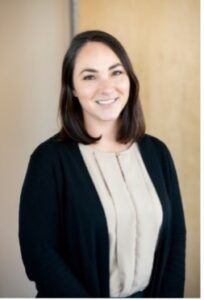 We like to describe Lea Picard as “picture-perfect”. Not only does she dabble in photography as a hobby, she also perfectly represents our guiding values of honoring, empowering, and supporting clients and their families in every possible way. She’s worked as a Client Services Manager at Family & Nursing Care for over two years, playing an important role in the company’s expansion goals: working with clients, professionals, and families in the Howard County region as we expand services to meet the needs of those in the area. Lea is also the Client Services Manager for the Seabury care management group, helping to assist their clients with private duty home care needs.
We like to describe Lea Picard as “picture-perfect”. Not only does she dabble in photography as a hobby, she also perfectly represents our guiding values of honoring, empowering, and supporting clients and their families in every possible way. She’s worked as a Client Services Manager at Family & Nursing Care for over two years, playing an important role in the company’s expansion goals: working with clients, professionals, and families in the Howard County region as we expand services to meet the needs of those in the area. Lea is also the Client Services Manager for the Seabury care management group, helping to assist their clients with private duty home care needs.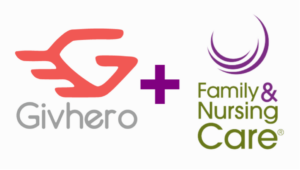 With a dedicated staff whose daily work activities revolve around being responsive to the needs of clients and their families, caregivers, and professionals, the Human Resources team at Family & Nursing Care puts a special focus on making sure the staff themselves have opportunities to attend to their own personal wellness.
With a dedicated staff whose daily work activities revolve around being responsive to the needs of clients and their families, caregivers, and professionals, the Human Resources team at Family & Nursing Care puts a special focus on making sure the staff themselves have opportunities to attend to their own personal wellness. At Family & Nursing Care, our mission of care extends to the community through the Family & Nursing Care Foundation, which offers grants to help lower-income older adults gain access to the home care they need and provides scholarships for students to receive Certified Nursing Assistant (CNA) training to care for the aging population.
At Family & Nursing Care, our mission of care extends to the community through the Family & Nursing Care Foundation, which offers grants to help lower-income older adults gain access to the home care they need and provides scholarships for students to receive Certified Nursing Assistant (CNA) training to care for the aging population.

